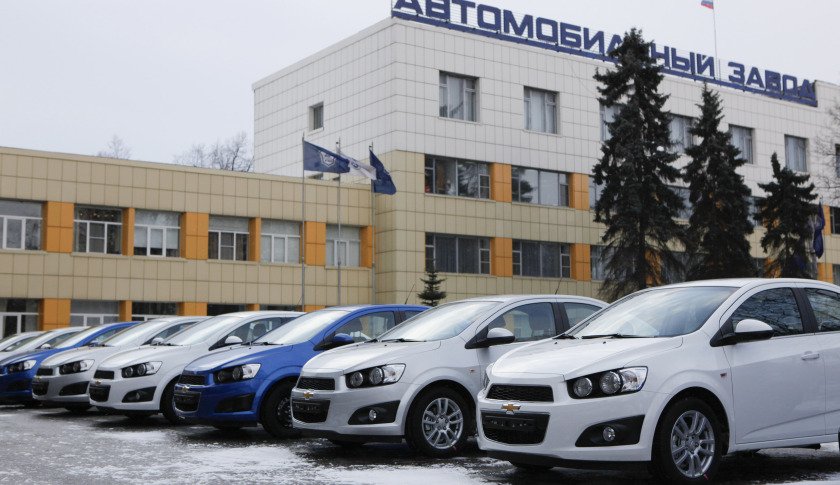Russia Approves $166 Million in Subsidies for Car Plants

However, the industry is only expected to return to growth in 2016 and is therefore likely to need more government support than the measures announced by the Russian government on Thursday.
Car sales in Russia have fallen sharply as the economy has weakened, as consumers put off big-ticket purchases and automakers look for ways to cut costs and review their strategies for what was once a booming market.
On Wednesday, General Motors said it would shut its Russian factory and stop selling Opel and mainstream Chevrolet models in the country.
In addition to lower sales car producers have seen their margins fall by 10 to 15 percent as a result of the ruble weakening, which has increased the cost of imported components, as well as higher metals prices, the government said on its website.
"Most carmakers currently work with a minimum profitability level ... (The) budget allocation of 10 billion rubles will allow (them) to utilize additional production capacity in the first quarter in the amount of around 110,000 vehicles and preserve jobs," it said.
According to the state statistics office the production of passenger cars in Russia fell 17 percent in February on a year ago to 130,000 vehicles.
The government is considering allocating additional funds this year to its car-buying incentive program which offers discounts to buyers trading in their old vehicles and also subsidizes loans and leasing terms.
The Russian car market is forecast to shrink by up to 35 percent in 2015 according to PricewaterhouseCoopers after falling by 10 percent to 2.49 million unit sales last year. The Russian Economy Ministry said it expects the domestic car market to return to growth in 2016.
Nouvelles connexes


